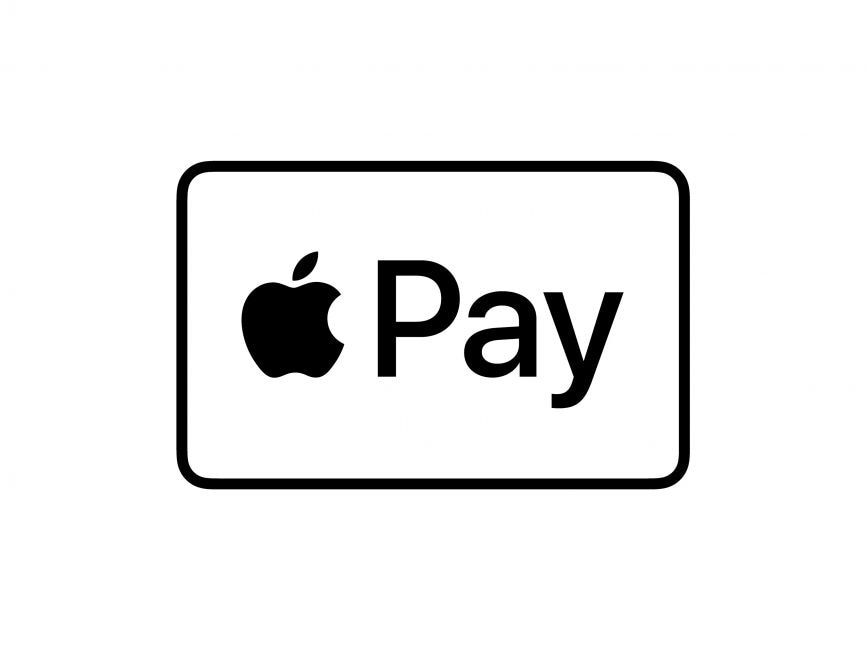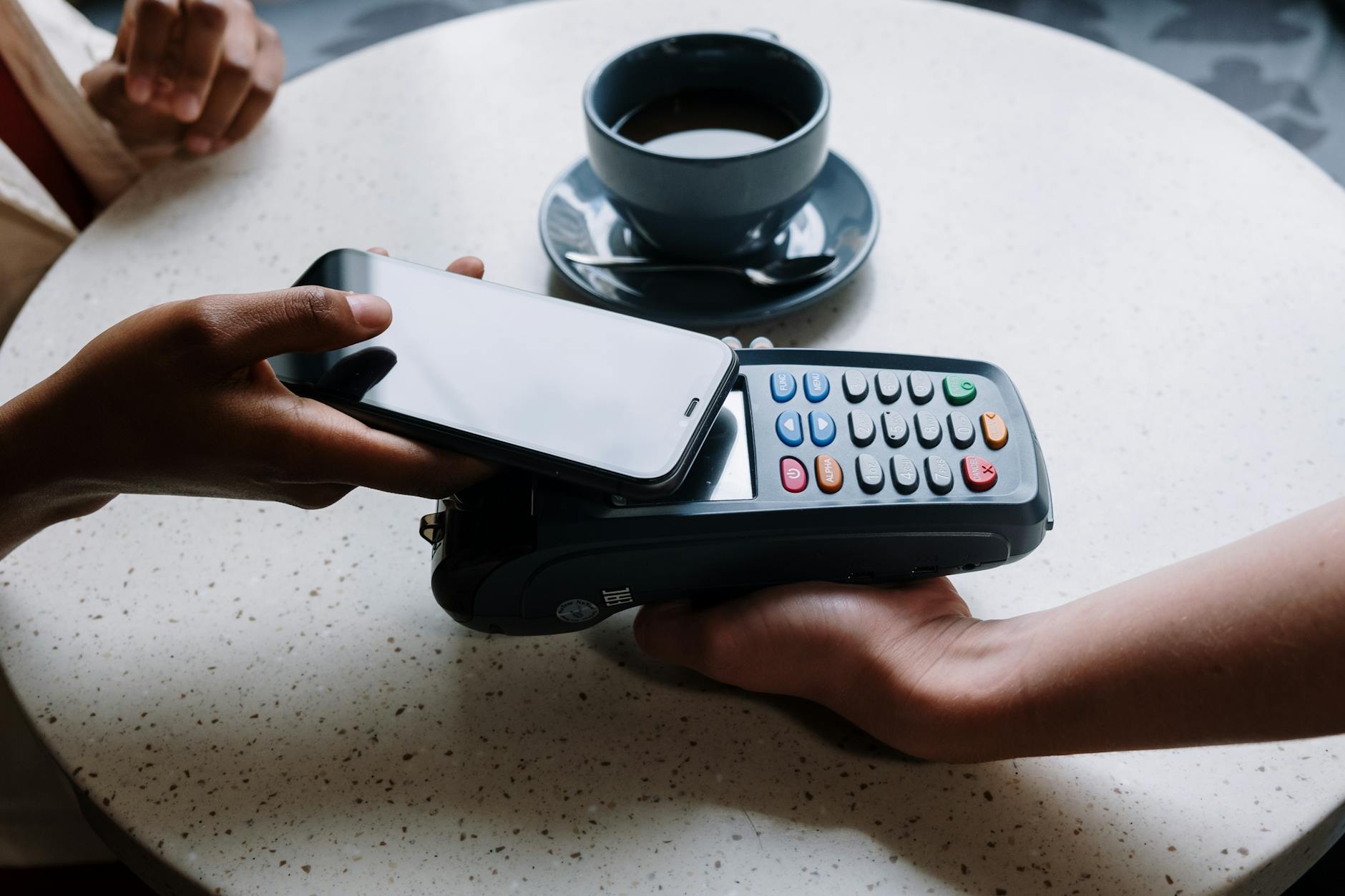
I am committed to not shopping at the less than 15 percent of retailers that don’t accept Apple Pay. It’s not because I’m an Apple fanboy but because I cherish my privacy. I have had my credit card information stolen two times, and both times, while the FDIC and bank refunded my money, it was a hassle that, in one case, froze my assets for nearly a month. With Apple Pay, that is not a problem. Apple doesn’t store or share card information with Apple or the retailer.
When you make a purchase, Apple Pay uses a device-specific number and unique transaction code. So your card number is never stored on your device or on Apple servers. And when you pay, your card numbers are never shared by Apple with merchants.
Apple
Apple Pay’s privacy features are a game-changer. They prevent retailers from collecting information on my shopping habits without my knowledge. This is why some retailers, like Walmart, do not accept Apple Pay. They are unable to collect data on customers that they can turn around and sell to market research firms or use for their internal research. This privacy protection is a significant reason why I choose Apple Pay.
Apple claims, “Apple Pay is accepted at over 85 percent of retailers in the U.S.” I find that claim accurate. I am very sticky about giving out my credit card, and when a business doesn’t except Apple Pay, I’m more likely to do business with their competitor even if it costs me a couple of dollars more.
The best feature is that I can use my Apple Watch or iPhone to use Apple Pay, and it’s protected by FaceID and the Apple Watch’s biometric sensors.
Apple Pay is about privacy, security, and convenience, all of which are important to me. That’s why I use Apple Pay. Have you tried Apple Pay?
